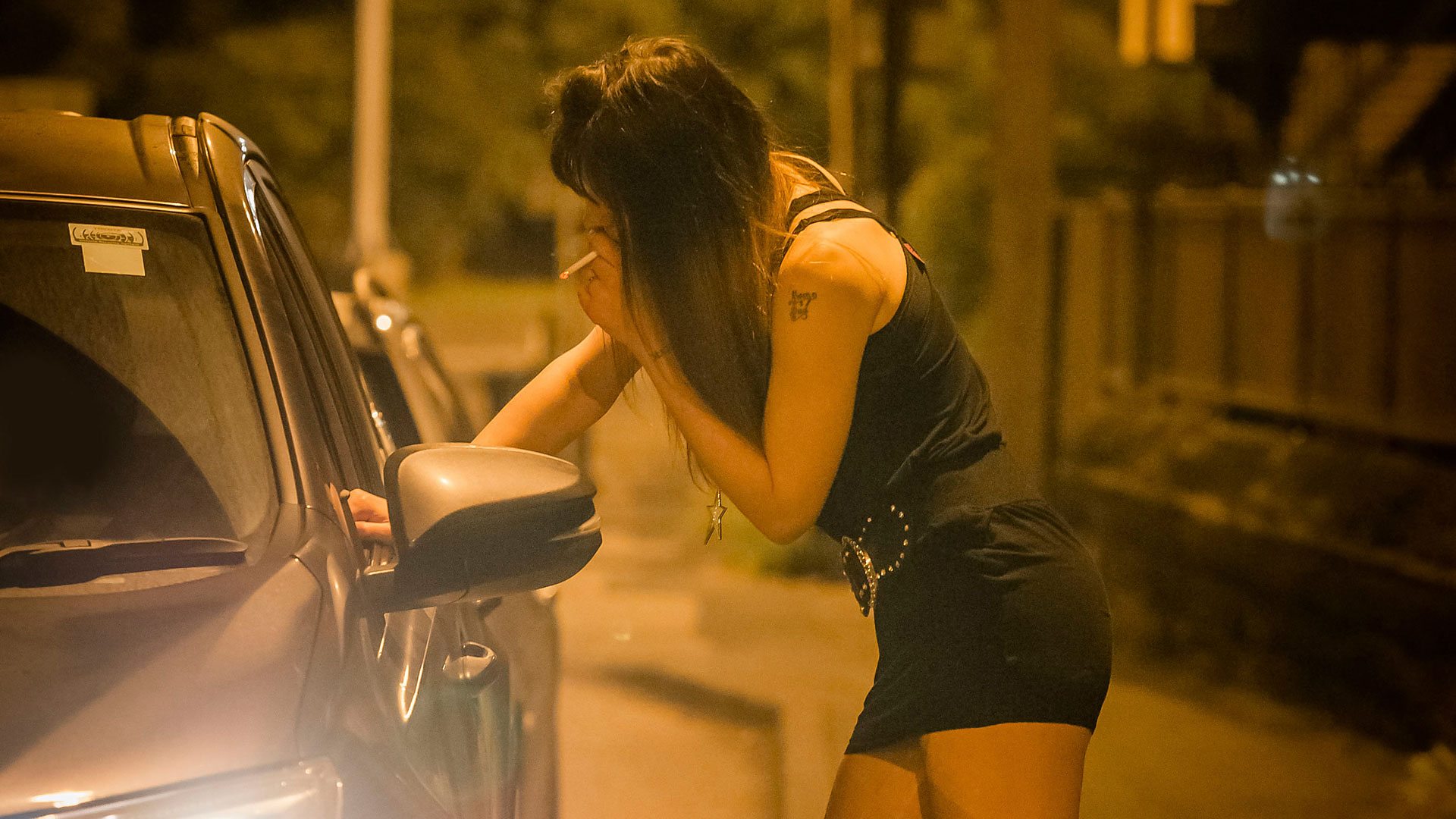First shown in July last year, Sex, Drugs & Murder: Life in the Red Light Zone follows the lives of sex workers active in the Holbeck area, south Leeds. With the choice to indefinitely allow the legalisation of prostitution in the Holbeck area since the middle of 2016, BBC three has explored both the negative and positive aspects to the transition. With the last episode concluding this week, I have been extremely disheartened by the lack of Leeds’ students aware of the series. This is an area of Leeds which is regularly frequented by students on nights out to clubs such as Beaver Works and Northern Monk Brewery. It has become clear that while we are paying for overpriced tickets to events such as Goodlife, very little attention is being paid to the lives of those who permanently reside in the Holbeck area.
As the series progresses, there is a particular focus placed on the women Sammie Jo and Kayleigh. The documentary follows many of their significant experiences including family relationships, the battle with drug abuse and ultimately surviving as a sex worker in the UK. The series provides an air of humility which I find is predominantly disregarded during investigations into sex work. Often the media presents us with ‘the prostitute’ as an image to be judged or pitied. Within this documentary, there is instead a far more three-dimensional realness granted to the lives of these women; they are not simply a stereotype which must be sensationalised.
The series particularly focuses on the concept of a legal red light zone and its implications for both the residents and those working in the area. It appears that the general consensus is that rather than the zone being ‘managed’, it is instead being ignored. The police appear to be cleaning up the litter more successfully, but the protection of the women seems to not have undergone much progress. Sammie Jo discusses throughout the series both a knife wound she receives while working and an instance of rape in which the accused was found not guilty. It is evident that measures taken to prevent violence occurring are unsuccessful and should be constantly under review by both the police and Leeds City Council.
I believe it is the distinct lack of awareness and stigmatisation attached to sex work which is ultimately leading to the many of limitations of a ‘managed’ red light zone. It is vital that a greater investment and understanding in the local area should be recognised. Local charities such as Basis Yorkshire offer vital starting point through both their website and volunteering opportunities. As students in Leeds, it is our responsibility to be aware of the social issues occurring in our area and I therefore highly recommend watching Sex, Drugs & Murder: Life in the Red Light Zone.
Ellie Montgomery
(Image: bbc.co.uk)

